Why Do I Have Period Pain but no Period?
.png?v=1669119493414)
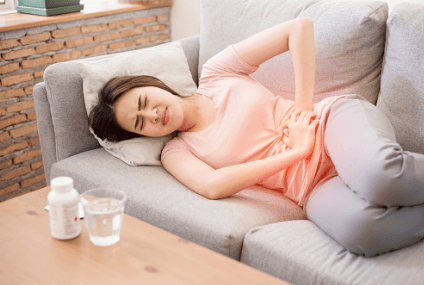
Related products
What’s covered?
Why Do I Have Period Pain but no Period?

Most people with a uterus can monitor the signs of an incoming period. However, sometimes these signs are misleading and can simply be caused by another condition.
So what if you have cramps but no period? Is it even possible? What could be the responsible factors? Should you worry about it? Read on to explore helpful answers to these questions.
Anovulation
A woman's body experiences hormonal changes relative to pre-menstrual syndrome (PMS) but doesn't actually produce an egg that month. This event is known as an anovulatory cycle, whereby you won't actually get your period but could still get the cramps. An absent period every now and then is nothing to worry about, but if it is accompanied by a fever, nausea, vomiting, or pain that doesn't resolve with simple OTC medications or that doesn’t improve within a week, seek medical attention right away.
Middle pain - Mittelschmerz
Women who haven't gone through menopause and still have ovaries might get cramps mid-month, about 10-14 days before their periods. It happens when the ovaries release an egg to prepare your body for a possible pregnancy. The harmless twinge of discomfort is called "mittelschmerz," a German term that means middle pain. PMS-like cramping accompanied by bloating and breast tenderness can happen during this time even without a period, which is yet to come. Your ovaries are doing their thing and there's no certain method to prevent the symptoms, which should go away within two days.
Pregnancy
If unprotected sexual intercourse has recently happened between you and your partner, you may want to consider taking a home pregnancy test because chances are you are having a baby. Early pregnancy symptoms mimic those that you typically have before and during your period. This includes breast tenderness, mood swings, fatigue, and cramping.
Thyroid Conditions
The thyroid hormones regulate several body functions, including the menstruation cycle. When your thyroid malfunctions due to some reasons, your cycles are also affected and can become irregular. As a result, you may have some months without having your period while still experiencing period-like cramps. You may also notice spotting or cramping which is because the lining of your uterus has built up and hasn’t shed due to the ovulation not occurring.
Consult your doctor if you’re experiencing sudden unintentional weight loss or gain, heart palpitations, or significant fatigue, as these are other red flags to indicate a thyroid condition.
Hormonal Birth Control
The absent or skipped period is a common side effect of hormonal IUDs which prevents pregnancy by thinning out the uterine lining resulting to shed nothing for a menstrual cycle. On the other hand, birth control pills can bring in super-light flows or spotting, and still with period symptoms breast tenderness and cramps.
Polycystic Ovary Syndrome (PCOS)
PCOS is a condition where a patient has an excess of male hormone androgens, which affects ovary function. It can result in anovulatory cycles and irregular spotting and causes cysts to develop on the ovaries. When these cysts rupture or cause the ovary to twist, they can cause pelvic pain similar to period cramps.
Consult your doctor should you suspect that you might have PCOS. It may currently have no cure, but birth control and other medications can help relieve the symptoms and get your normal menstrual cycle back.
Ovarian Cyst
In light of preparing for ovulation, a woman's ovary make several cysts every month. Among these, only one cyst releases an egg. The others typically dissipate during menstruation, but extra cysts sticks around in some cases. Cysts can also occur if you have an anovulatory cycle. Ovarian cysts usually do not show symptoms but they can sometimes trigger period-like pain.
Irregular cramping requires a discussion with your doctor. Cysts do not cause a major concern unless they appear particularly large and can cause ovarian torsion (twisting of the ovary), which is painful and needs an emergency procedure to save your ovary.
Ruptured Cyst
Cysts are fluid-filled sacs that often show no symptoms, such as those caused by an anovulatory menstrual cycle, PCOS, or simply your ovaries. Cysts can sometimes come with the sensation of pressure, bloating, swelling, and period pain but without menstruation.
Pelvic Inflammatory Disease (PID)
PID is an infection of the uterus, fallopian tubes, or ovaries that is typically due to sexually transmitted bacteria spreading from your vagina to your reproductive organs. It is usually caused by sexually transmitted infections such as chlamydia and gonorrhoea. This infection can cause symptoms that include cramping and can result in pelvic pain and infertility. Make it a habit to get consistent check-ups between new sexual partners to ensure you are not a carrier of STIs.
Miscarriage
Miscarriage refers to the loss of a pregnancy during its first 23 weeks. Signs of a miscarriage can include vaginal bleeding and severe cramping in your lower abdominal area. If you're pregnant and are experiencing either of these signs, call your doctor right away.
Interstitial Cystitis
Also known as painful bladder syndrome, interstitial cystitis is more common in women than in men. It can cause cramping in the lower abdominal area along with other symptoms similar to those of a urinary tract infection, such as pelvic pain, dyspareunia, and a continual urge to urinate.
Endometriosis
Endometriosis is when a tissue that normally develops internally grows outside of the uterus, causing significant cramping in the pelvic area. Endometriosis symptoms can vary from person to person. A woman may have very few lesions and have severe symptoms compared while another who may have severe disease and have no symptoms at all. Some cases may require excision surgery to remove tissue and diagnose endometriosis.
Ovarian Cancer
Ovarian cancer is relatively rare but is one of the deadliest cancers for many women. It often shows very subtle symptoms, sometimes none at all. Urinary problems, bloating in the abdominal area, body weight loss, and pelvic pain are all possible symptoms of this cancer. Missing your period isn't the most common but is a candidate indicator of ovarian cancer hence the importance of seeking medical attention, particularly when your periods have been gone for more than three months and you have other concerning symptoms, such as inexplicable pelvic discomfort.
Pelvic Floor Muscle Dysfunction
The pelvic floor encompasses muscles and other tissues that form a sling across the pelvis to hold the pelvic organs altogether. It can become weak or injured, for instance, after pregnancy and childbirth. An injured pelvic floor cause symptoms such as pelvic pressure, lower back pain, and pelvic pain that is similar to those during your period. One key determinant of pelvic floor muscle dysfunction is a bulge inside the vagina or, in more extreme cases, organs that visibly start to push out of the vaginal opening. Other symptoms are dyspareunia, stinging sensation in the vagina, dysuria, and urinary and faecal incontinence.
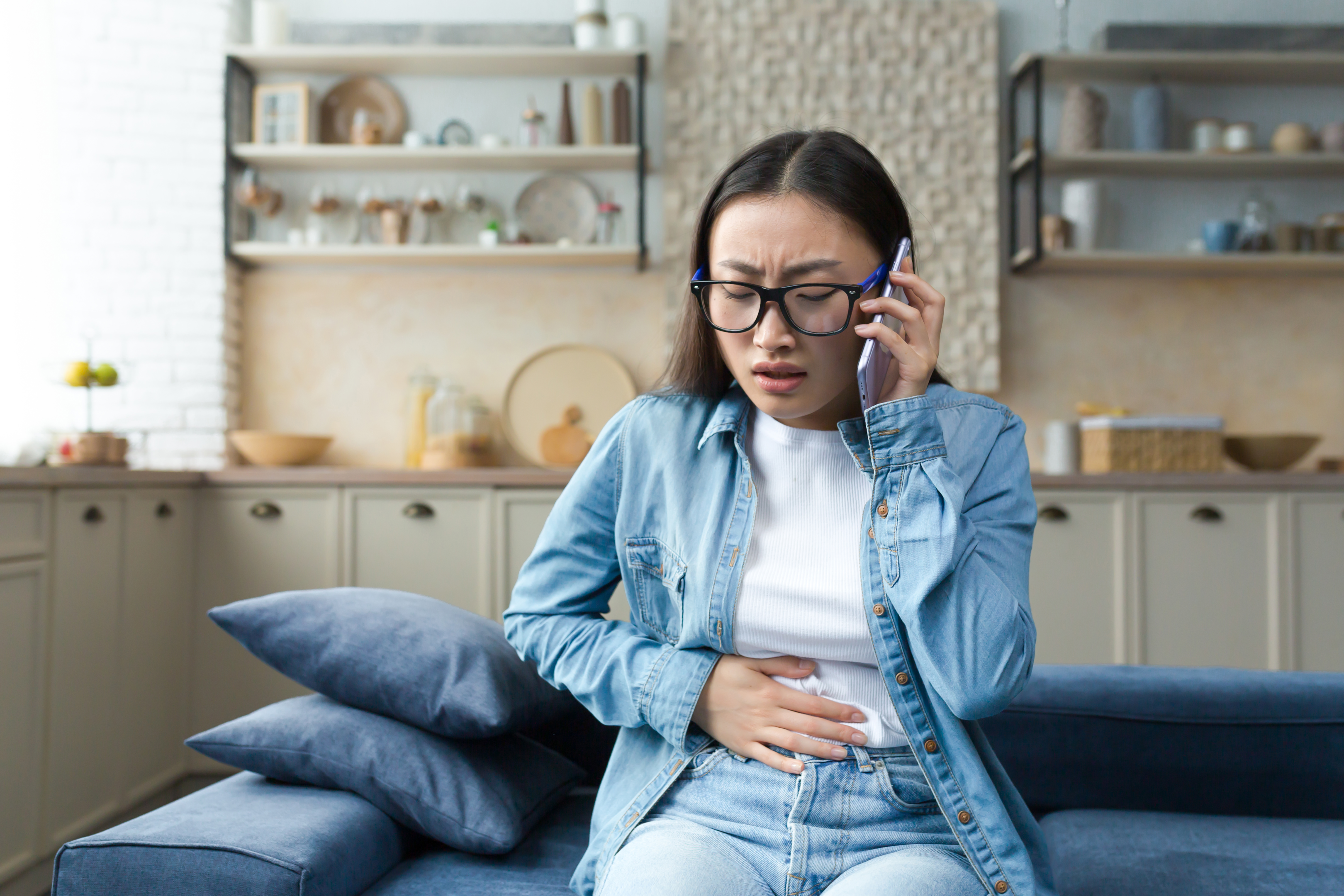
Ectopic Pregnancy
An ectopic pregnancy happens when a fertilized egg grows outside the uterus, usually in a fallopian tube. As the pregnancy progresses, the tube can burst and life-threatening internal bleeding can happen, requiring immediate surgery.
This pregnancy might is just like any typical pregnancy with mutual signs like missed periods, tender breasts, lower back pain, and cramping. But as the foetus further develops, more serious, indicative symptoms may start to appear, such as severe abdominal or pelvic pain, shoulder pain, fatigue, or fainting. If you experience any of these, you should visit your doctor immediately.
Appendicitis
It happens when one end of the appendix gets blocked by a foreign object such as the faeces. When a blockage occurs inside this small organ, it can lead to infection can occur and pain around your abdominal area gradually gets sharper. As opposed to period-related cramps, the pain from appendicitis appears fast and may get worse when you cough, sneeze, or just simply walk. Fever, nausea, and vomiting are some signs that part this pain from that of your period. These signs require you to visit a doctor's office or ER as soon as possible for treatment and prevent the appendix from bursting.
Inflammatory Bowel Disease (IBD)
IBD is an umbrella term that encompasses several conditions, including Crohn’s disease and ulcerative colitis. Both are characterized by chronic inflammation of the GI tract. While the exact cause remains obscure, IBD is thought to result from your immune system responding incorrectly to triggers that cause inflammation. The cramping and pain associated with IBD differ depending on the diagnosis. Patients with Crohn’s typically experience localized pain to the lower, right side of the abdomen, while those with ulcerative colitis may have pain that radiates towards the left. IBD comes with other symptoms, in addition to cramping, such as chronic diarrhoea, weight loss, and excess gas. Its diagnosis includes an endoscopic exam and blood tests done by a gastroenterologist.
Lactose Intolerance
When you cannot digest foods with lactose, you are likely to experience gas, diarrhoea, bloating, and pain. This sensation might mimic the cramping and bloating you feel when you're on your period, but they should dissipate within a few hours. Make it a habit to keep a food log to determine patterns regarding when you feel cramping and what you just ate. This can help pinpoint whether food intolerance is to blame.
Indigestion
Indigestion refers to stomach cramps, particularly in your upper belly, that start during or shortly after eating. The heat, burning, or pain is initially felt between the belly button and the lower part of the breastbone. It gives a person an unpleasant sensation of fullness during or right after a meal, bloating, and nausea. Indigestion is usually not a sign of a serious health issue, but you might want to slow down your eating and avoid lying down immediately after a big meal.
When to contact the doctor for menstrual pain without a period
Most of the time, you experience menstrual cramps without a period happen due natural reasons. However, some additional symptoms will require you to see your doctor for your cramps. Consider the following before making your decision:
-
Severity, intensity, and duration of cramps pain
-
Additional symptoms
-
Presence or absence of a regular monthly menstrual cycle
Diagnosing menstrual pain without a period
Healthcare providers have many tools that will help them to accurately diagnose your condition. They may do tests or procedures to learn the cause of your cramps, which include:
-
Ultrasound — uses sound waves to create a detailed image of your abdominal and reproductive organs
-
Hysteroscopy — uses a medical scope, called a hysteroscope, to directly examine your uterus and cervix
-
Magnetic resonance imaging (MRI) — relies on a magnetic field and radio waves to diagram and visualize your internal organs
Your doctor’s initial evaluation of your symptoms is important as they help to determine the most appropriate test to be used and the treatment to be applied. They may refer you to an expert who specializes in the stomach or intestinal disorders or a urologist if the symptoms is associated with the urinary system.
Treatments for menstrual pain without a period
Pain relievers like ibuprofen are commonly used to relieve strong cramps during your period. This medication, solely taken in most cases, is also used to treat menstrual cramps you experience even without your period. Cramps with a more serious underlying cause, such as endometriosis, will be addressed according to your age, the severity of your symptoms, and how much the disease has progressed. Most therapies will be as non-invasive as possible, but surgical intervention may be needed for severe and persistent symptoms.
Women are well aware of the significance of taking care of their bodies. Because each phase of a woman's life can bring her a unique set of obstacles, we are here to support and guide you through each one. Learn more on how to take care of your health by reading here.
Related Period Delay Products
Related Articles to Period Delay
- How to delay your period
- Can stress delay your period?
- How do period delay tablets work?
- Why do I have period pain but no period?
- Is spotting before your period bad?
- How to make your period come faster?
- What is Norethisterone used for?
- What are the signs perimenopause is ending?
- How long after sex can you take a pregnancy test?
- How long does ovulation last?
- Understanding the menstrual cycle
- Signs of ovulation after stopping the pill
- What are contraceptive injections?
- 7 Reasons you have ovulation pain













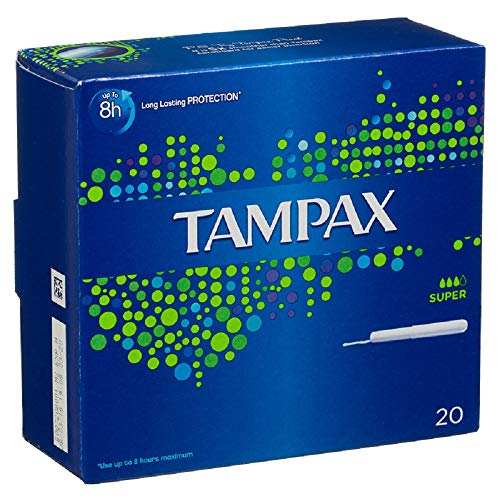

















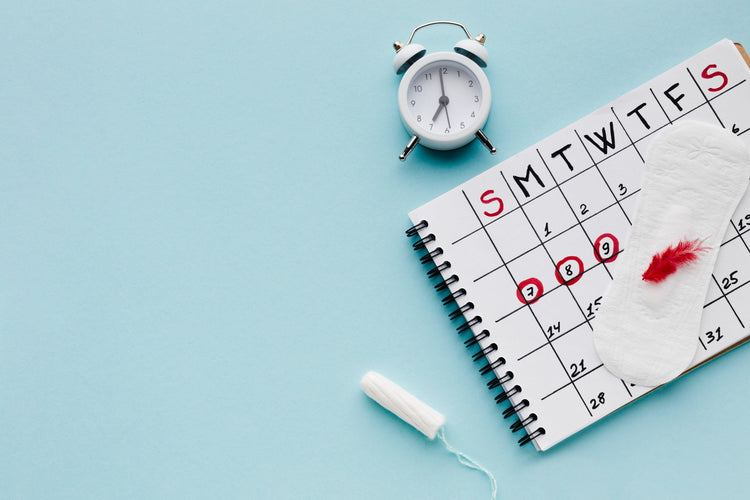


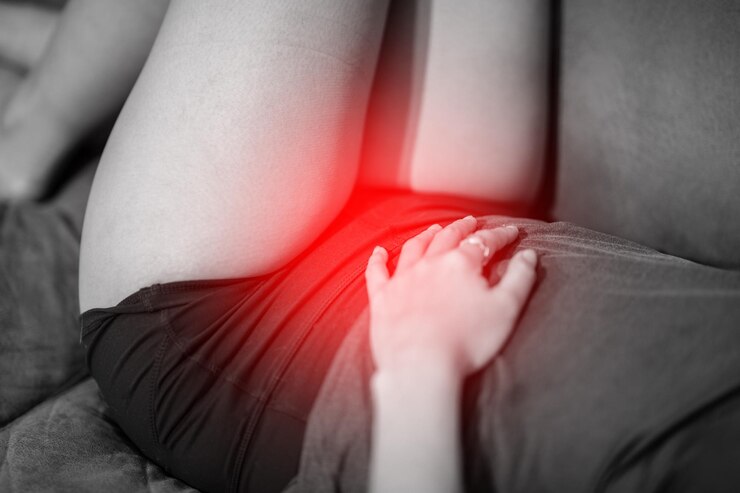
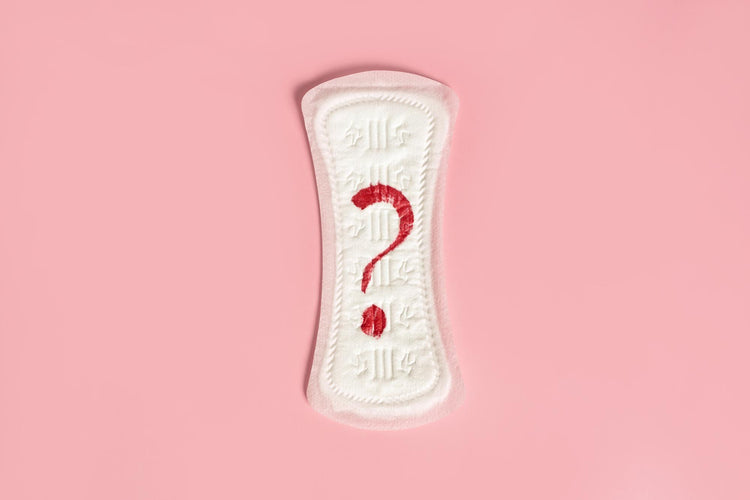

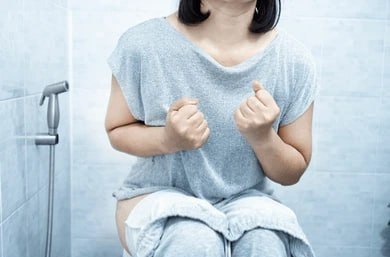
 Rated Excellent by 26,523+ Reviews
Rated Excellent by 26,523+ Reviews